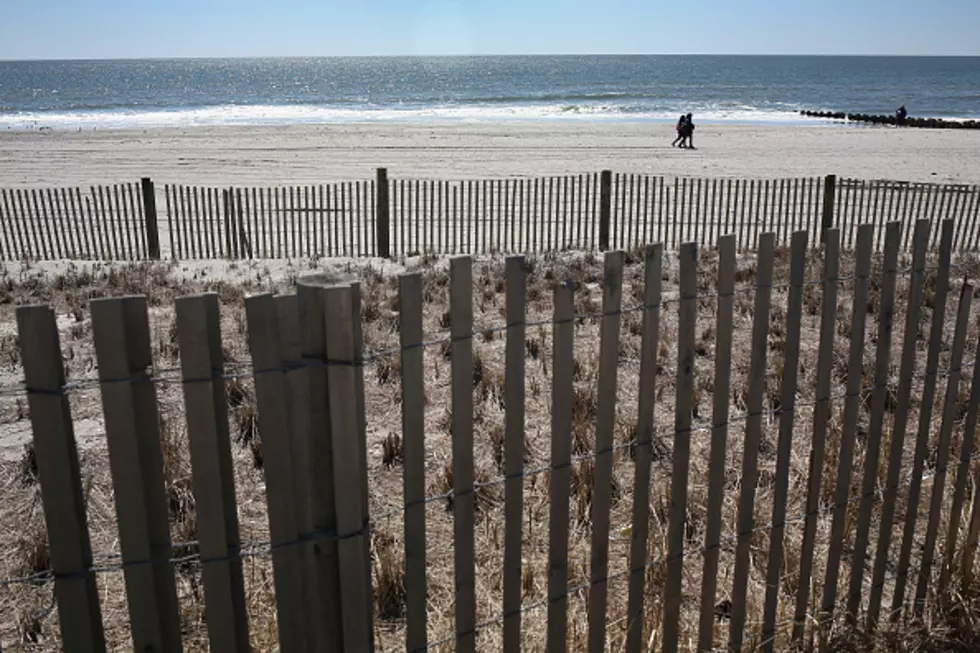
More access vs lower costs in New Jersey beach access debate
New Jersey's shore communities could use some of the money they collect in beach badge fees to fund additional public access points to the shoreline under a proposal from a task force studying ways to improve the state's beach access law.
The panel recommends increasing the overall amount of access points by returning to previous standards that mandated them every quarter-mile, instead of the current standard of every half mile.
The task force was comprised of business interests and some of the state's leading public access advocates, and it became necessary after a court last December struck down New Jersey's beach access regulations. A hastily passed bill restored the state Department of Environmental Protection's authority to impose access regulations, but did not get into ways to improve public access.
Recommendations made by the business side of the panel include exempting utilities and some industry that bar public access on safety grounds from having to fund access points elsewhere, and eliminating or reducing fees for compliance with public access mandates.
Not surprisingly, most of the recommendations were supported by one half of the panel and opposed by the other. It will fall to the state senate and Environment Committee to craft a bill setting forth new beach access standards, something its chairman Sen. Bob Smith, a Middlesex County Democrat, predicted would happen in the fall. The bill would apply not only to beaches and bays, but to urban waterways throughout the state.
"Most of the hardened positions didn't change," said Tim Dillingham, executive director of the American Littoral Society, a leading coastal advocacy group. "There still are some very fundamental disagreements."
New Jersey has been fighting over access to its shoreline for decades. Some New Jersey shore municipalities have long sought to discourage outsiders from using their beaches by restricting access points, severely limiting parking near the beach, and not providing public restrooms, with the practical effect being that the beaches are virtually impossible to use for anyone who does not already live close by.
One of the recommendations is a return to New Jersey's previous beach access standards under the administration of former Democratic Gov. Jon Corzine that mandated public access every quarter mile. Those regulations were struck down by a court decision, and his successor, Republic Gov. Chris Christie, issued new rules giving municipalities more of a say in what level of beach access they consider appropriate.
"Everything always comes down to who pays," said Michael Egenton, executive vice president of the New Jersey State Chamber of Commerce and a panel member. "From our side, we want to continue the access but not the impediments that will have someone decide, `I'm not going to redevelop this part of Camden; I'm going to go somewhere else."'
One suggestion would allow shore towns to use part of the money they collect in beach fees to fund land acquisition or construction work to convert property away from the beach into public access points to the water. Street ends are a favorite access point for fishermen looking to get to the water, but some towns are giving them away to developers or homeowners who then block them off to the public.
Addressing large surpluses that some shore towns would run up by charging high beach fees, the state now requires the fees to be proportional to the cost of operating the beach, and such a change would likely have to be adopted by the Legislature.
The panel was in unanimous agreement that some waterfront places, like chemical plants, nuclear facilities and some utility plants, should not be accessible to the public on safety grounds. But there is disagreement on whether those entities should have to pay to create access points to the water in nearby, safer places.
(Copyright 2016 The Associated Press. All rights reserved. This material may not be published, broadcast, rewritten or redistributed.)
More From New Jersey 101.5 FM









